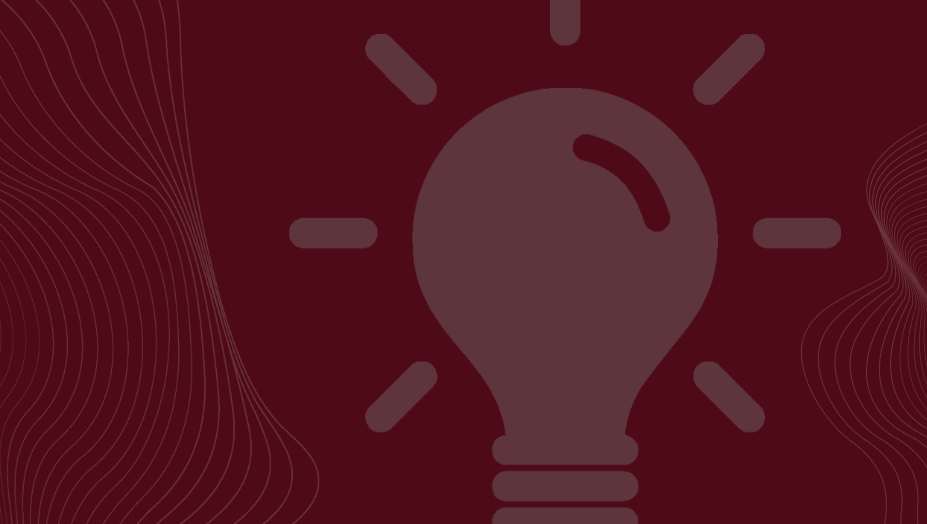Turning Mistakes into Momentum by Building a Culture of Safety
MedEdPearls September 2025: Why is incorporating psychological and emotional safety into education important?

In medical and health professions education, mistakes are inevitable, both in the learning process and in clinical practice. Cultures of error and cultures of emotional safety involve making it safe for learners to take risks, answer questions, and occasionally be wrong without fear of embarrassment. By doing so, we communicate that errors and emotional responses to them are a natural and expected part of growth, not something to hide or fear. Reframing how we manage the emotional impact of mistakes can support reduction of second victim syndrome, which refers to the emotional burden healthcare professionals may feel after adverse or unexpected patient care outcomes.
In high-stakes learning environments like medicine, a culture of error supports psychological safety, a key driver of team performance and well-being. Mistakes are acknowledged, explored, and learned from. When learners believe they can be wrong without shame, they are more willing to speak up, try new skills, and reflect on their performance. How we, as educators, respond to mistakes can enhance or impede the learning environment.
When learners make mistakes, our response matters. In clinical teaching, a learner’s mistake may quickly become the educator’s responsibility. This can be stressful, but it is also a powerful opportunity to impact future practice. Effective error management in medical and health professions education requires balancing patient safety with supportive learning. By modeling a calm, constructive approach to mistakes, we help learners stay engaged. Some strategies include:
- Listening without judgment
- Pausing before responding to collect your thoughts
- Using empathy statements like “I can see why you made that choice”
- Normalizing those mistakes as part of the learning process
- Supporting learners in correcting errors
As educators, our own mistakes can be just as impactful as those of our learners. How we handle them models professional identity, emotional regulation, and humility. In simulation-based settings, openly acknowledging and exploring mistakes builds trust and deepens learning. In clinical learning environments, these same principles apply:
- Acknowledging errors openly
- Practicing and narrating your emotional regulation
- Debriefing together
- Modeling ownership and learning
Anticipating common learner errors and addressing them proactively can help prevent future mistakes and normalize discussion about them. You might:
- Share stories of your own learning missteps early in your own training
- Incorporate “common pitfalls” discussions into teaching sessions
- Use low-stakes formative assessment or simulation to encourage risk-taking without jeopardizing patient care
In the end, our goal as educators is not to eliminate error but to make it productive and support patient safety by modeling openness, emotional steadiness, and curiosity in the face of mistakes. How will you embrace strategies to support cultures of emotional safety in your teaching?
About MedEd Pearls Author
The MedEdPearls are a collaborative, peer-reviewed, monthly brief intended to provide practical tips and strategies for medical and health professions educators to enhance teaching and learning.

Leah Sheridan
PhD
- Professor, Northeast Ohio Medical University
- Associate Dean for Medical Education, Northeast Ohio Medical University
- Jean Bailey, PhD – Virginia Commonwealth University School of Medicine
- Carrie Bowler, EdD, MS, MLSCM (ASCP) – Mayo Clinic School of Continuous Professional Development
- Kristina Dzara, PhD, MMSc (Educators ’16; Assessment ’16; HCE 2.0 ’17) – Saint Louis University School of Medicine
- Shanu Gupta, MD, SFHM – University of South Florida Morsani College of Medicine and Tampa General Hospital
- Jennifer Hillyer, PhD – Northeast Ohio Medical University
- Larry Hurtubise, PhD, MA (HCE 2.0 '16) – The Ohio State University
- Anna Lama, EdD, MA – West Virginia University School of Medicine
- Machelle Linsenmeyer, EdD, NAOME (Assessment ’07) – West Virginia School of Osteopathic Medicine
- Skye McKennon, PharmD, BCPS, ACSM-GEI – Washington State University Elson S. Floyd College of Medicine
- Rachel Moquin, EdD, MA – Washington University School of Medicine
- Stacey Pylman, PhD – Michigan State University College of Human Medicine
- Leah Sheridan, PhD – Northeast Ohio Medical University
- Lonika Sood, MBBS, MHPE – Washington State University Elson S. Floyd College of Medicine
- Mark Terrell, EdD – Lake Erie College of Osteopathic Medicine
- Stacey Wahl, PhD – Virginia Commonwealth University School of Medicine
Harvard Macy Institute
Harvard Macy Institute
The Harvard Macy Institute educates, connects, and serves health care leaders around the globe by providing advanced faculty development programs, thought leadership, and impactful networking opportunities.
6 Programs

